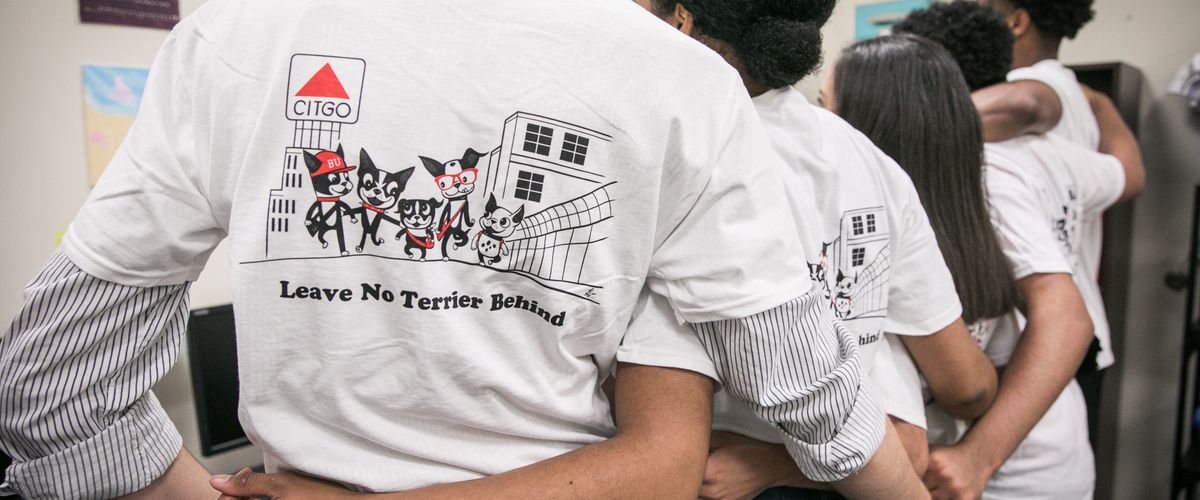Whether you are a member of our community who is in recovery, an ally, or supporting a loved one, we invite you to explore BU’s resources for substance-use recovery. Programs, assistance, and learning opportunities are available to support the BU recovery community, reduce the stigma that often marks addiction, and foster a recovery-friendly campus that supports health and well-being for all.
For the entire BU community
The Grayken Center for Addiction at Boston Medical Center has more than a dozen addiction-focused programs. Anyone can reach out to find addiction support tailored to their individual needs. The Grayken Center also runs multiple events each September in recognition of National Recovery Month.
Words Matter is a guide created by the Grayken Center that explores terms to use and avoid when talking about addiction, recognizing the impact our language has on stigma and access to substance-use treatment.
Online photography exhibit Recovery at BU spotlights the experiences of BU students in recovery from substance use, to destigmatize substance-use disorders and recovery and to show that people in recovery are everywhere, including BU.
Student Health Services offers information and guidance for friends, family members, and colleagues looking for ways to be an ally, including actions we can take in our everyday lives to support people in recovery, destigmatize addiction, and normalize seeking help in the BU community.
Learn more about how BU faculty are using their research to advocate for collegiate recovery in Massachusetts and on Capitol Hill.
For students
Student Health Services (SHS) has many resources to support students in long-term recovery or new to their recovery journey, including the BU Recovery Community and BU Recovery Meetings. SHS also provides mental health support for substance use and students can complete anonymous online screening that provides personalized feedback.
For faculty and staff
The Faculty & Staff Assistance Office offers free and confidential mental health support for personal, work-related, and family concerns, including substance use. This includes assessments, short-term counseling, and referrals.
